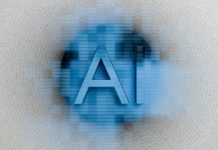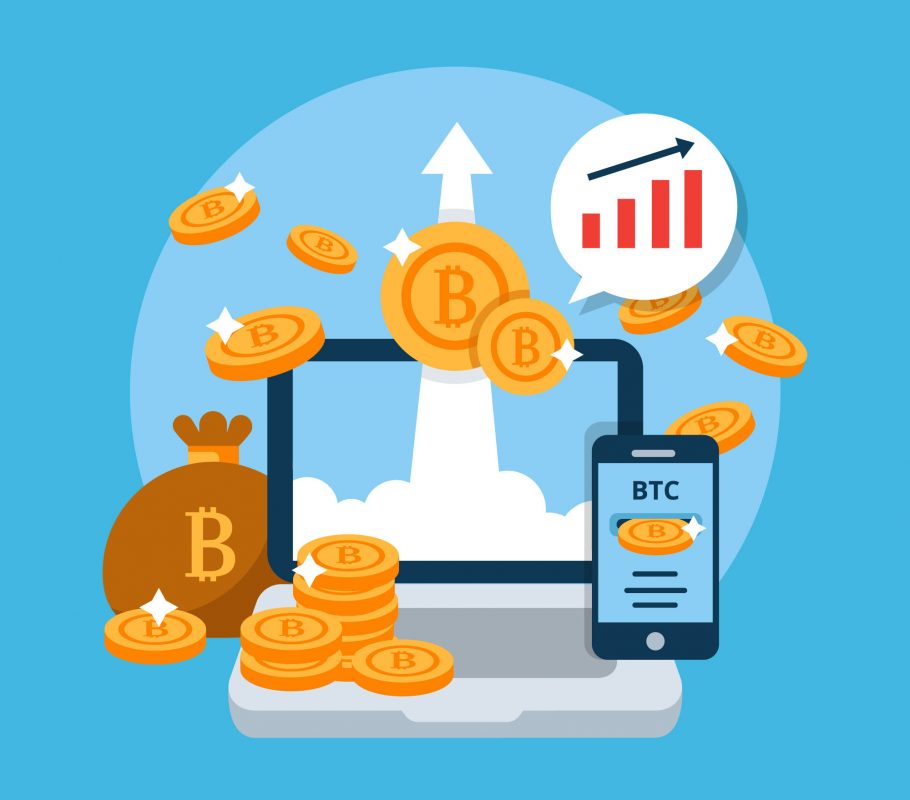First, it is important to understand the term mining to understand what Bitcoin Mining is! Initially, before Bitcoin became a common name, the inventor of blockchain technology knew that for any form of currency to make headway, whether FIAT or digital, it had to be globally accepted as either a medium of exchange or a means of payment.
Gradually in the process was the Initial coin offering, where participants of a particular crypto community are allowed to partake in a series of activities before launch so that a particular value of the coin is distributed. This is more like what is referred to as Airdrops.
There are quite several ways to hold on to and possess your coins, like buying on exchanges. For example, Mt. Gox, before it closed, used to be an initial major crypto exchange or accepting them as payment for a service or product. However, when a person decides to add transaction records to the Blockchain, it is known as Mining. The decentralised idea of Bitcoin simply implies that transactions are shared on a peer-to-peer network. Once verified and deemed valid, they are recorded on a public database accessible by anyone, known as Bitcoin Blockchain.
The blockchain is Bitcoins public ledger, where every transaction is traceable. Users in the network can as well access this ledger and confirm it. It is also a transparent media to confirm a legitimate Bitcoin transaction. So as a Miner, you serve the Bitcoin community by confirming every transaction and ensuring all transactions are legitimate. Since there are miners globally, the process is almost non-stop, the competition is high, and for every successful hash sequence, the miners get a reward.
The implication of mining Bitcoin is twofold. Firstly computer solving complex maths on the network creates more new coins. Secondly, by solving the computational math problems, the Bitcoin miners make the Bitcoin payment network secure and trustworthy by verifying its transaction information.
Talking about exchanges seems to be a common way of acquiring cryptocurrencies, especially for newcomers or investors who are not interested in the technology. Some of these exchanges do not sell the coins alone, but they serve as a middleman system that connects those who want to buy the coin with those who want to sell. This is, however, not without its disadvantage, as it defeats the idea of this digital currency of decentralisation and anonymity.
Some businesses are beginning to give out these cryptocurrencies as rewards for participating in their programs or using their services. For instance, the BAT token is usually dished out to users actively using the brave browser.
Elsewhere some bitcoin casinos now accept cryptocurrencies and also pay winnings in Cryptocurrencies. This means that gamblers can now wager while playing the best crypto games with these cryptocurrencies and even get the yield of their winning as cryptocurrency.
Alternatively, one can get these coins from private brokers or accept them as a means of payment for a product or service.
BTC Mining Explained
In an actual sense, every other form of getting Bitcoin are just a series of coin transfer from one holder to another buyer. The only place that Bitcoin comes from is via Mining. A particular amount of this coin is expected to be in circulation, so the mining process would continue until the last bit of the coin is mined. So advisably, if you have a mining rig or a computer that is super fast, then there is no need to hold back.
What is a mining pool?

Bitcoin Mining
Nowadays, everybody entering the universe of mining cryptocurrencies should contend with enormous organisations and their mining farms. As a result, normally, one of the main choices that each hopeful miner needs is to go solo or join a ‘pool’.
Pooled mining, simply put, is the joint effort of the generation of a block where different miners contribute their processing capacity. A pool has a greater possibility of mining a block and getting a prize. Although in such cases, the prize will be divided amongst all the miners who worked towards achieving this goal. Even though the rewards will be lesser than what one may earn by mining a block, many people join a pool as it is a steady flow of income.
Terminologies
Cryptocurrencies: A cryptocurrency is a digital asset designed to operate as an exchange medium, wherein those in possession of the particular crypto coin have records of it digitally stored in a ledger in the form of a computerised database that is transparent, secure and decentralised.
Blockchain: The Blockchain is a decentralised, distributed ledger that takes record of every crypto transaction within the network. Explicitly, it can be visualised as a string of blocks comprising various transactions carried out over time. Whenever a block of transactions is initiated, miners globally apply complex mathematical formulas to the instruction on the block, reducing this information to a seemingly short random sequence of letters and numbers called the hash.
Hash: The hash is one of the unique things on the blockchain database. They are more like fingerprints. It is what makes the system secure in itself. The hash can be created from data of any kind. It is like the Proof of Work in the crypto space.
Bitcoin: It can be regarded as the father of all cryptocurrencies. It is the first known decentralised digital asset. Others have come afterwards, like the Ethereum, Ripple and Altcoins.
Mining: Many people worldwide with super fast computers who check and confirm transaction hash for crypto (Bitcoin) are, in turn, rewarded for this activity. However, the more the coin that has been mined, the more difficult the process becomes, and unless you probably have a dedicated mining rig, the chances of getting a dime from mining now are pretty slim.
Interestingly you do not have to be a programmer to mine. The more transactions you validate on the blockchain, the more the reward. However, to prevent users from hashing thousands of transaction block each second and mining all the available Bitcoin at a go, the Bitcoin network has made the process a bit rigorous, as there are super-fast computers that may have been put to use for the purpose.
So the community introduced an economic measure used to battle fraudulent activities by requesting some work from the service requester, which implies processing time by a computer. So the process is initiated with low probability, resulting in several trials and errors before generating a valid proof of work.
As complex as the mining world is turning out to be, owing to the higher computation power required to mine and the expense of getting the investment hardware, making a profit is almost becoming very difficult. It is quite competitive, and you need concrete research before investing in hardware.










